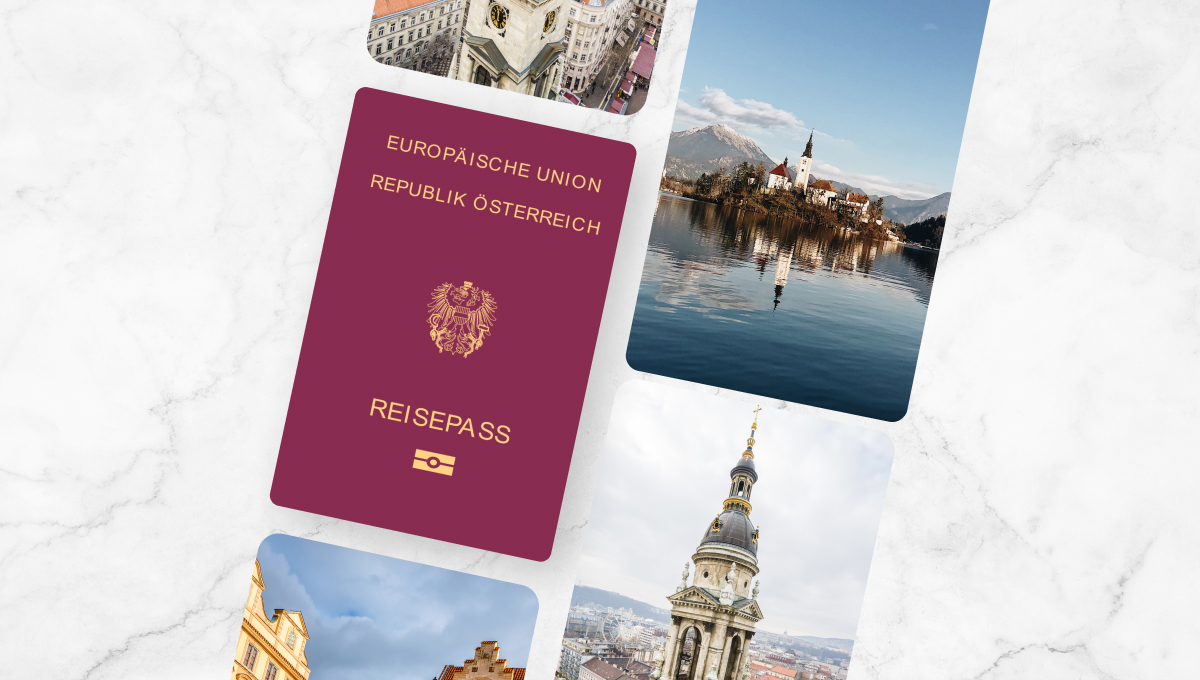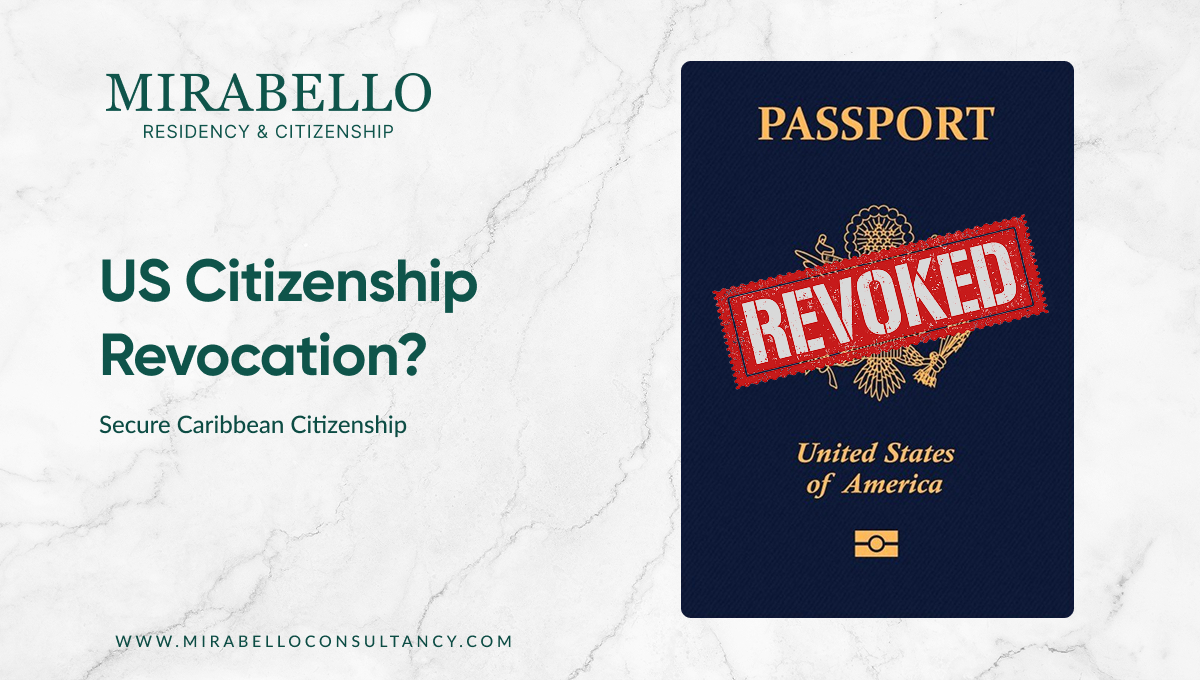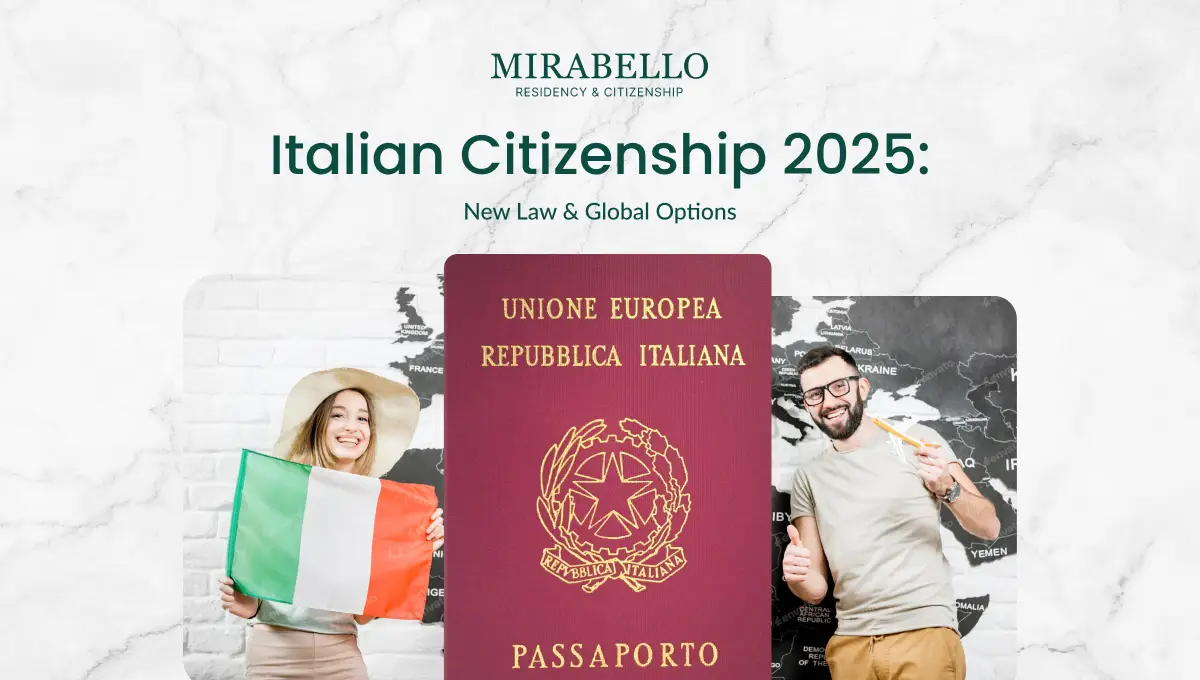
What if you could become an EU citizen without speaking a new language, relocating, or waiting years for approval?
In 2025, that possibility still exists in Austria. While most EU countries have shut down their investment-based citizenship programs, Austria quietly remains one of the last nations offering a direct path to European citizenship by investment. This isn’t a typical golden visa or residency scheme like those in Portugal or Spain. It’s full citizenship, granting the same rights as native-born Austrians, including the freedom to live and work across the EU.
This exclusive route is made possible through Section 10(6) of the Austrian Citizenship Act, a legal exception that allows the government to grant citizenship to individuals who make a significant contribution to the country. It’s confidential, case-by-case, and reserved for those with exceptional profiles, entrepreneurs, philanthropists, and global investors who bring real value to Austria.
For high-net-worth individuals seeking citizenship without a language test in the EU, and who value discretion, legal certainty, and access to all of Europe, Austria is one of the few remaining doors still open.
Key Takeaways
- Austria offers one of the last confidential EU citizenship by investment programs available in 2025.
- Citizenship is granted under Section 10(6) of the Austrian Citizenship Act, based on exceptional public interest.
- No language test, residency, or integration requirement is needed—ideal for global investors seeking discretion.
- Typical investments range from €3 million to €10 million+, depending on the strategic impact of the contribution.
- Approved applicants gain full EU citizenship, including the right to live, work, and study in all EU/EEA countries.
- Austria does not publish citizenship approvals, making it attractive for politically exposed or high-profile individuals.
Why Austria? Core Advantages in 2025
Austria’s program stands out for its unique combination of full EU access, global mobility, and absolute confidentiality—qualities that are increasingly hard to find in investment migration today.
Key benefits include:
- Full EU Citizenship: Freedom to live, work, study, and operate businesses in any EU or EEA member state.
- Visa-Free Access: Travel to over 190 countries, including the U.S., Canada, UK, and Japan.
- No Residency Requirement: You do not need to relocate or live in Austria before, during, or after obtaining citizenship.
- No German Language Test: A major differentiator—there’s no need to demonstrate German proficiency.
- Confidential Process: Unlike other programs, Austrian citizenship by investment is granted privately and is not listed in public government registries.
- Family Eligibility: Includes spouse and minor children with no extra investment requirement.
- Global Prestige: The Austrian passport is one of the most respected globally, ranked in the top tier of travel and diplomatic indexes.
For those wondering how to get EU citizenship without language test, Austria is among the only countries offering a legal path with zero integration hurdles.
Eligibility & Requirements for Austrian Citizenship by Investment (2025)
To qualify, applicants must meet rigorous legal, financial, and reputational standards. The program is discretionary and tailored, with no official form or published list of requirements—but key expectations remain consistent.
Typical eligibility includes:
- Clean Criminal Record: Verified through international due diligence.
- Substantial Investment: Contributions typically range from €3 to €10+ million, depending on the economic or strategic impact.
- Exceptional Personal Profile: Accomplished entrepreneurs, investors, philanthropists, scientists, or individuals of cultural significance.
- Direct Benefit to Austria: The investment must clearly benefit Austria’s economy, employment market, or innovation ecosystem.
These Austrian citizenship by investment requirements differ fundamentally from typical immigration processes: there’s no point-based scoring, no public call for applications, and no formal “program” advertised on government websites. Every case is unique, assessed behind closed doors by Austria’s federal decision-makers.
What Kind of Investments Qualify?
Not all contributions will qualify. The investment must offer tangible and verifiable value to the Republic of Austria, either through job creation, innovation, or national prestige.
Qualifying contributions may include:
- Equity investment in Austrian industrial or tech companies
- Strategic partnerships with public institutions (e.g. universities, hospitals)
- Technology innovation in sectors like clean energy, biotech, or AI
- Job-creating ventures in underdeveloped regions
- Philanthropic donations tied to cultural or scientific initiatives
These are not simple financial transactions. Each case is structured to demonstrate that the applicant offers more than capital—they bring expertise, networks, and long-term commitment. The Austrian government must view the applicant as an asset to the country.
How to Get EU Citizenship Without a Language Test
A common barrier in most EU countries is the requirement to prove language skills and integration into society. This often means years of residency, language classes, and cultural exams. Austria, uniquely, offers EU citizenship without a language test via its exceptional services clause.
This option is especially attractive to:
- Tech entrepreneurs and startup founders
- Ultra-high-net-worth families with global residences
- Diplomats or politically exposed persons seeking a neutral second passport
- Investors seeking long-term access to EU markets without lifestyle relocation
For individuals seeking the fastest EU citizenship by investment, Austria delivers results within a highly efficient, discreet, and legally sound framework.
Comparison: Austria vs Malta Citizenship by Investment
Austria and Malta Citizenship by Investment programs are often compared by clients seeking European lifestyle. Both are legitimate programs, but they differ dramatically in approach, public visibility, and legal structure.
Austria vs Malta: Citizenship by Investment Compared
Citizenship Type
- Austria: Granted by government discretion under exceptional contribution rules.
- Malta: Granted through naturalization after structured residency and contribution process.
Minimum Investment
- Austria: €3 million to €10 million or more, depending on case-specific economic value.
- Malta: Around €1 million in structured contributions to national development funds and real estate.
Residency Requirement
- Austria: No residency required at any stage.
- Malta: Residency required for 12 to 36 months before applying for citizenship.
Language Requirement
- Austria: No language requirement.
- Malta: Yes, applicants must demonstrate basic English or Maltese.
Public Disclosure
- Austria: No publication of applicant names or approvals.
- Malta: Names of new citizens are published annually in the government gazette.
Processing Time
- Austria: Typically 12 to 24 months.
- Malta: Varies from 12 to 36 months depending on residency path and due diligence.
Austria’s model prioritizes confidential citizenship by investment, making it ideal for those who value discretion. Malta, on the other hand, operates a transparent, procedural naturalization route. Each serves different needs, but in terms of privacy, prestige, and direct access, Austria offers a more elite solution.
Austria Citizenship for Italians and Other EU Residents
Demand for Austrian citizenship for Italians and other EU nationals is rising, particularly among business owners and legacy families seeking diversification, asset security, or long-term planning. Although EU citizens already benefit from freedom of movement, Austrian citizenship brings additional legal and strategic advantages.
Why Italians consider Austria:
- Stronger privacy and banking protections than Italy
- High reputation passport with global diplomatic benefits
- Access to elite Austrian universities and public services
- Tax treaty benefits for cross-border holdings
While Austria generally restricts dual citizenship, exceptions under this program may be allowed when the government deems the case to serve the Republic’s interests.
Application Process and Timeline
The process is handled privately and strategically, typically over 12 to 24 months. There is no public-facing agency or online application portal. Instead, applicants work closely with legal experts and licensed intermediaries with strong government relations.
Step-by-step breakdown:
- Eligibility Review – Legal and financial due diligence
- Investment Structuring – Create or identify a qualifying economic contribution
- Government Liaison – Establish dialogue with Austrian ministries
- Formal Submission – Application prepared by Austrian counsel and submitted confidentially
- Approval Phase – Federal authorities make the final decision
- Oath and Passport – Citizenship granted; Austrian passport issued
The entire process is tailored and managed discreetly, often requiring physical meetings in Vienna and trusted handling by experienced consultants.
Total Costs and Legal Fees
There’s no set fee structure, but most applicants should expect a minimum total outlay of €3 million, with high-end cases exceeding €10 million, particularly when strategic investment projects are involved.
Estimated breakdown:
- Economic Contribution: €3M–€10M+
- Legal and Advisory Fees: €500,000–€1M
- Due Diligence & Audits: Case-by-case
- Government Filing and Notarization Fees: Variable
- These figures reflect the bespoke nature of the application and the level of legal and administrative work involved.
Work with Mirabello Consultancy
Mirabello Consultancy offers comprehensive guidance to qualified applicants for the Austrian program. With local Austrian legal teams, investment advisors, and a global client base, they offer end-to-end support designed for privacy and success.
Services include:
- Confidential eligibility evaluation
- Strategic investment planning
- Liaison with Austrian government and legal stakeholders
- Family structuring and wealth planning
- Citizenship documentation and passport logistics
Austria’s citizenship-by-investment route remains one of the most exclusive and confidential options in the world, offering full EU rights, top-tier global mobility, and no residency or language requirements. Its discretionary, case-by-case process ensures only highly qualified applicants—those bringing significant economic and strategic value—are approved.
For investors seeking the fastest, most discreet path to EU citizenship with unmatched prestige, Austria stands apart as a truly elite solution.
FAQ
There’s no fixed amount, but most approved Austrian citizenship by investment cases involve a direct contribution of €3 million to €10 million or more, depending on the project’s economic impact and national benefit.
Yes, standard naturalization is possible after 6 years of legal residence if you demonstrate full integration, including German language proficiency, financial self-sufficiency, and no criminal record. This route is separate from the investment-based citizenship.
Austria does not offer direct permanent residency through passive investment. However, you may apply for residence permits such as the Red-White-Red Card for investors and entrepreneurs who create jobs or contribute to the economy. Permanent residence is possible after 5 years of continuous legal residence.
No, purchasing property in Austria does not grant residency rights. Foreigners must still qualify under specific visa categories, such as for business, employment, or independent income.
No, purchasing property in Austria does not grant residency rights. Foreigners must still qualify under specific visa categories, such as for business, employment, or independent income.
No, purchasing property in Austria does not grant residency rights. Foreigners must still qualify under specific visa categories, such as for business, employment, or independent income.
No, purchasing property in Austria does not grant residency rights. Foreigners must still qualify under specific visa categories, such as for business, employment, or independent income.





